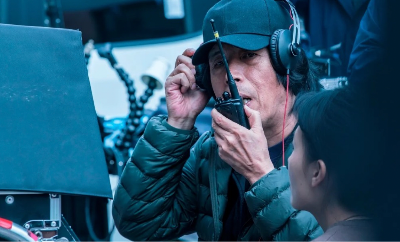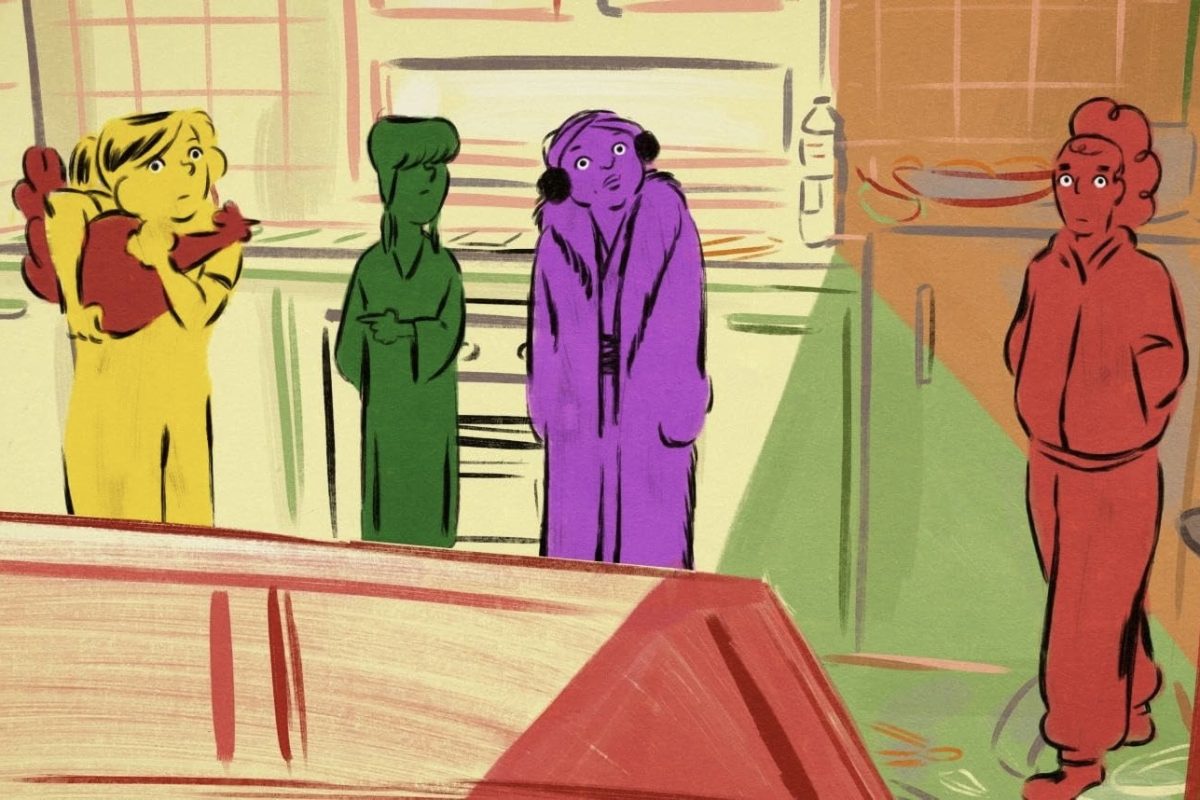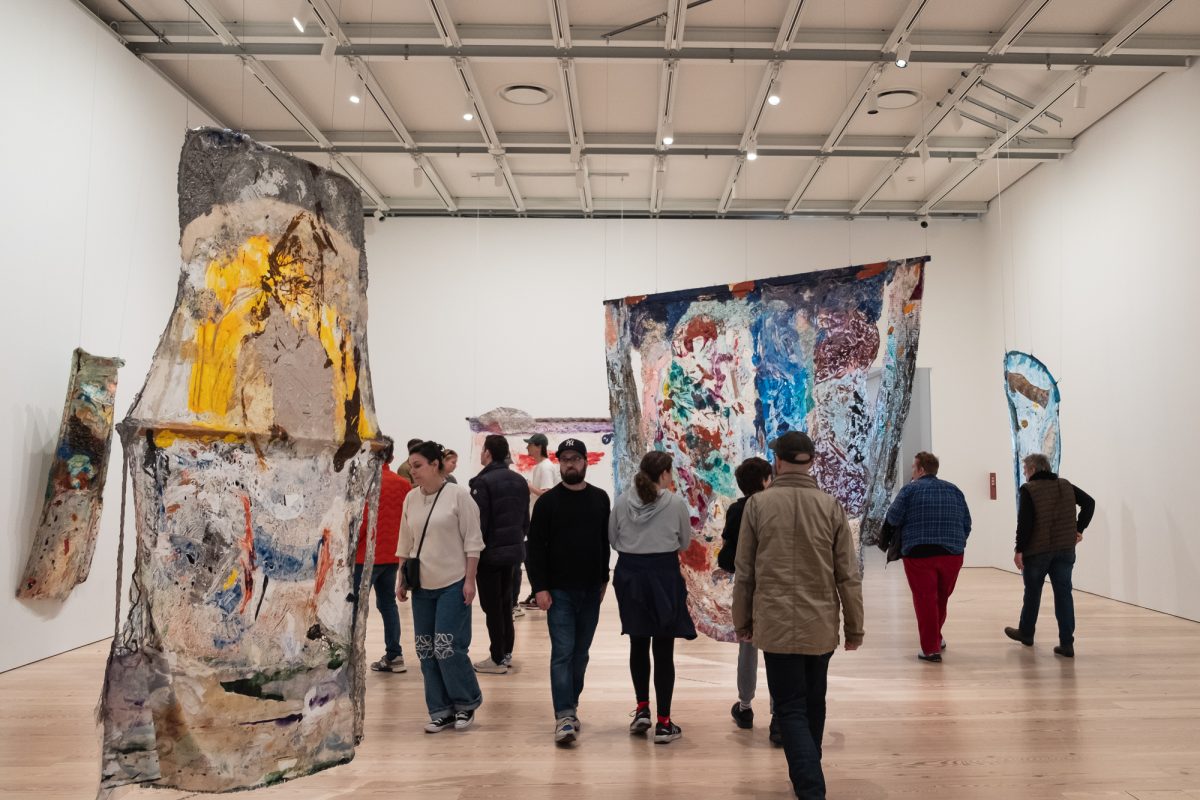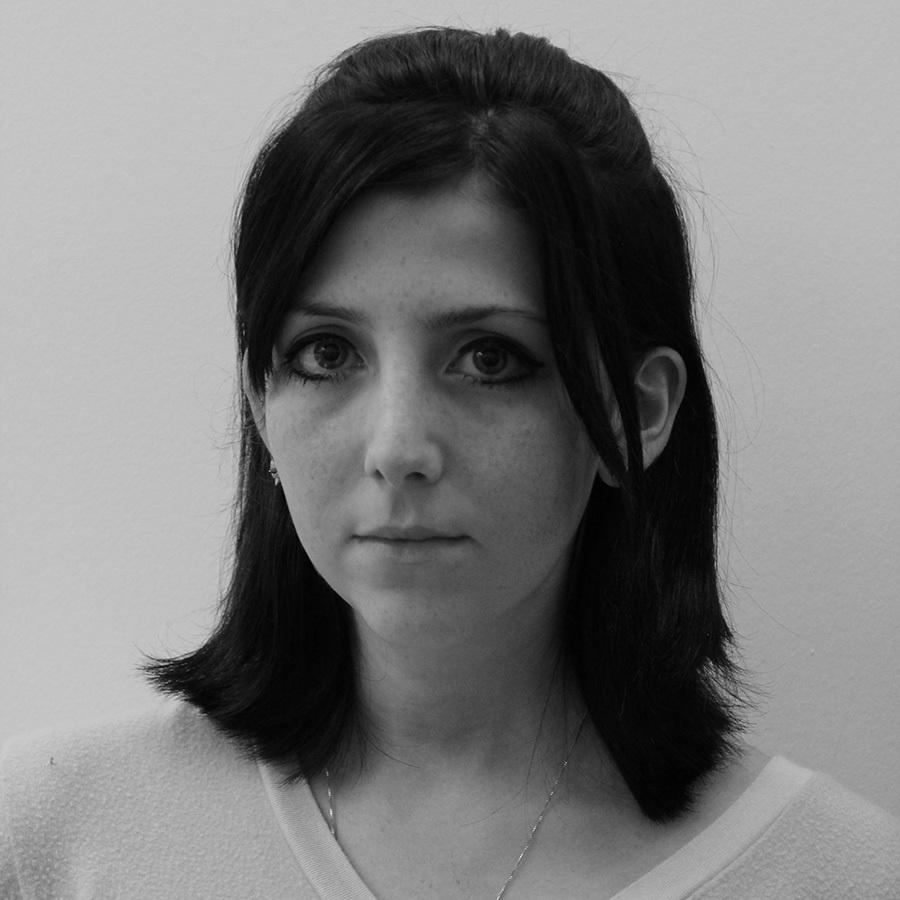Art should be separated from artist
October 2, 2014
I am not a Woody Allen fan. I don’t want to meet him. I don’t want a picture with him. I have no particular desire to see his most recent film, “Magic in the Moonlight,” at the Angelika Film Center — even though it has been showing for over two months. But, I am a fan of “Annie Hall,” and I love “Manhattan.” I believe that Allen is most likely a horrible and disgusting human being, but that should not, and does not, affect the way I feel about his work.
The same applies to many actors. We have all seen the video that shows Christian Bale is horrible. And we have all heard Katherine Heigl probably is not as sunny and lovely as her performances suggest. But when I am in bed after a bad day watching old episodes of “Grey’s Anatomy,” I am not thinking about the people behind the characters. When I decide if I will go see Bale’s new film, “Exodus,” in December, I am not thinking about an individual actor. To do so would be to undermine the medium of film and, in many ways, the entire purpose of art.
We also know that when someone gets shot in a film it is not real, but this does not stop us from jumping with fright. To hate Alvy Singer in “Annie Hall” because Allen is a bad person is the same as not enjoying “Pulp Fiction” because none of it is real. You can know it is not real and still enjoy the film. You can dislike Heigl and still love her characters. The two sentiments can exist separately from one another. In our increasingly gossip-filled world, trying to hold onto this separation becomes all the more important.
Escapism is critical to human appreciation of art. Books are read to get lost in the plot and movies are watched in the hope of evoking joy or fear or sadness. The feelings I had the first time I watched “Hannah and Her Sisters” are exactly the same as the feelings I have when I watch it now. Despite what I know about Allen, the part of my brain that is laughing and crying at his films is not affected by this knowledge. In the end, we are reacting in an emotional capacity to prerecorded moving images on a screen, and to bring personal prejudice against the humans behind the work into this experience is to go against the entire illusion of cinema.
The truth is that great art is not always made by great people. But as soon as a film is finalized, the work becomes separated from its makers. We should be able to go into a cinema prepared to love or hate the film based on the way we feel, not on what we know.
A version of this article appeared in the Thursday, Oct. 2 print edition. Email Scarlett Curtis at [email protected].
A version of this article appeared in the Thursday, Oct. 2 print edition. Email the Scarlett Curtis at [email protected].













































































































































